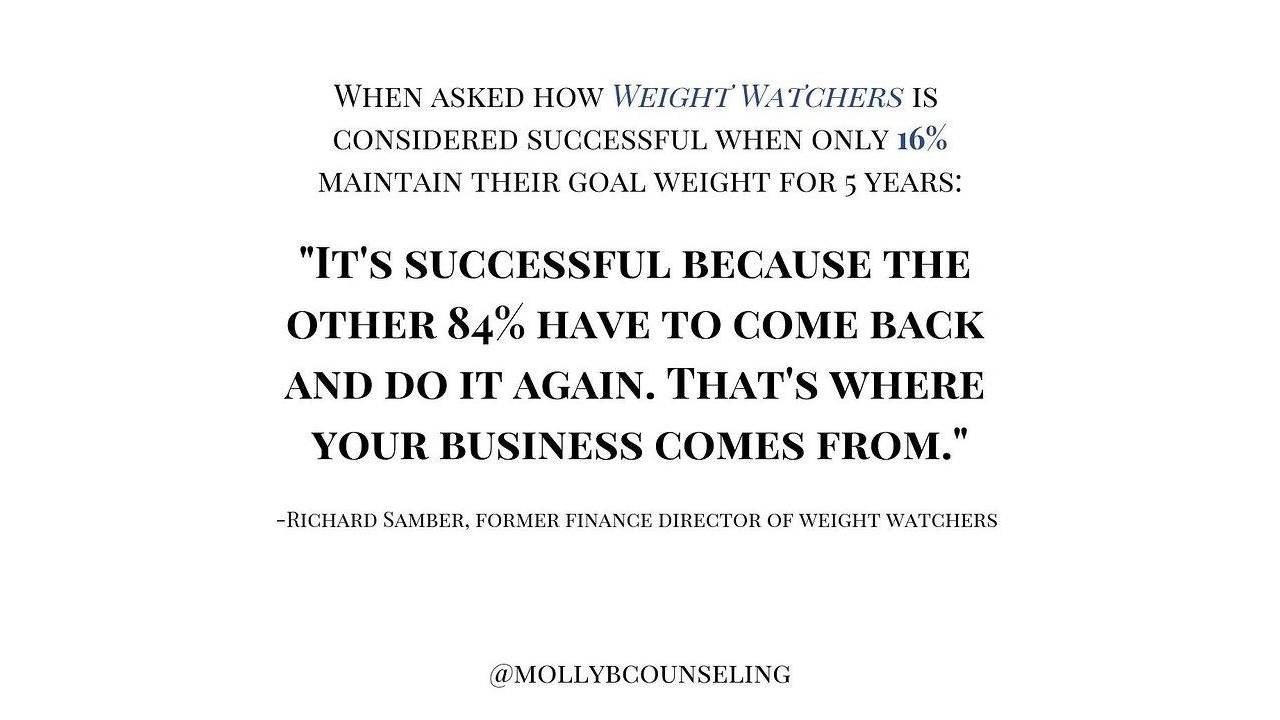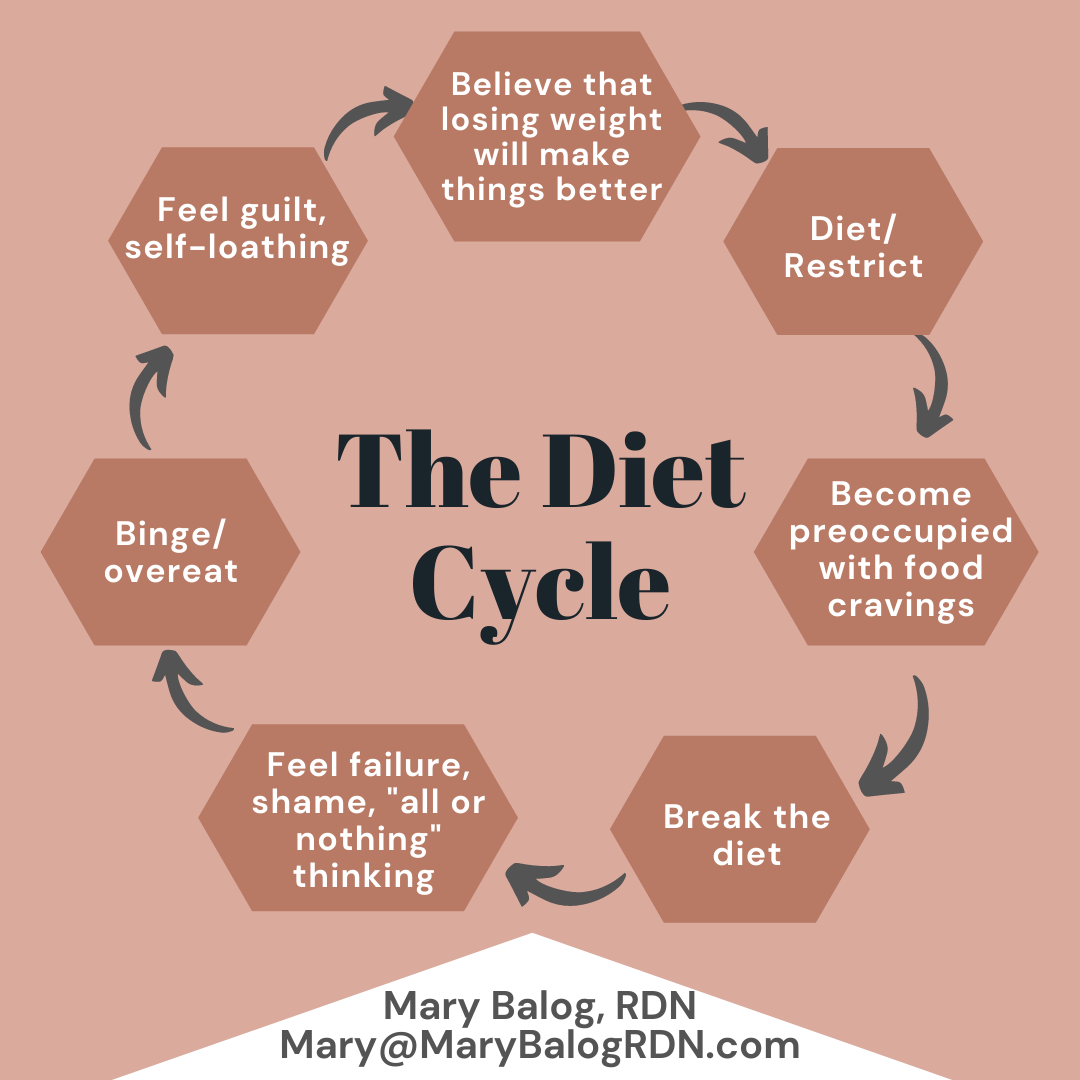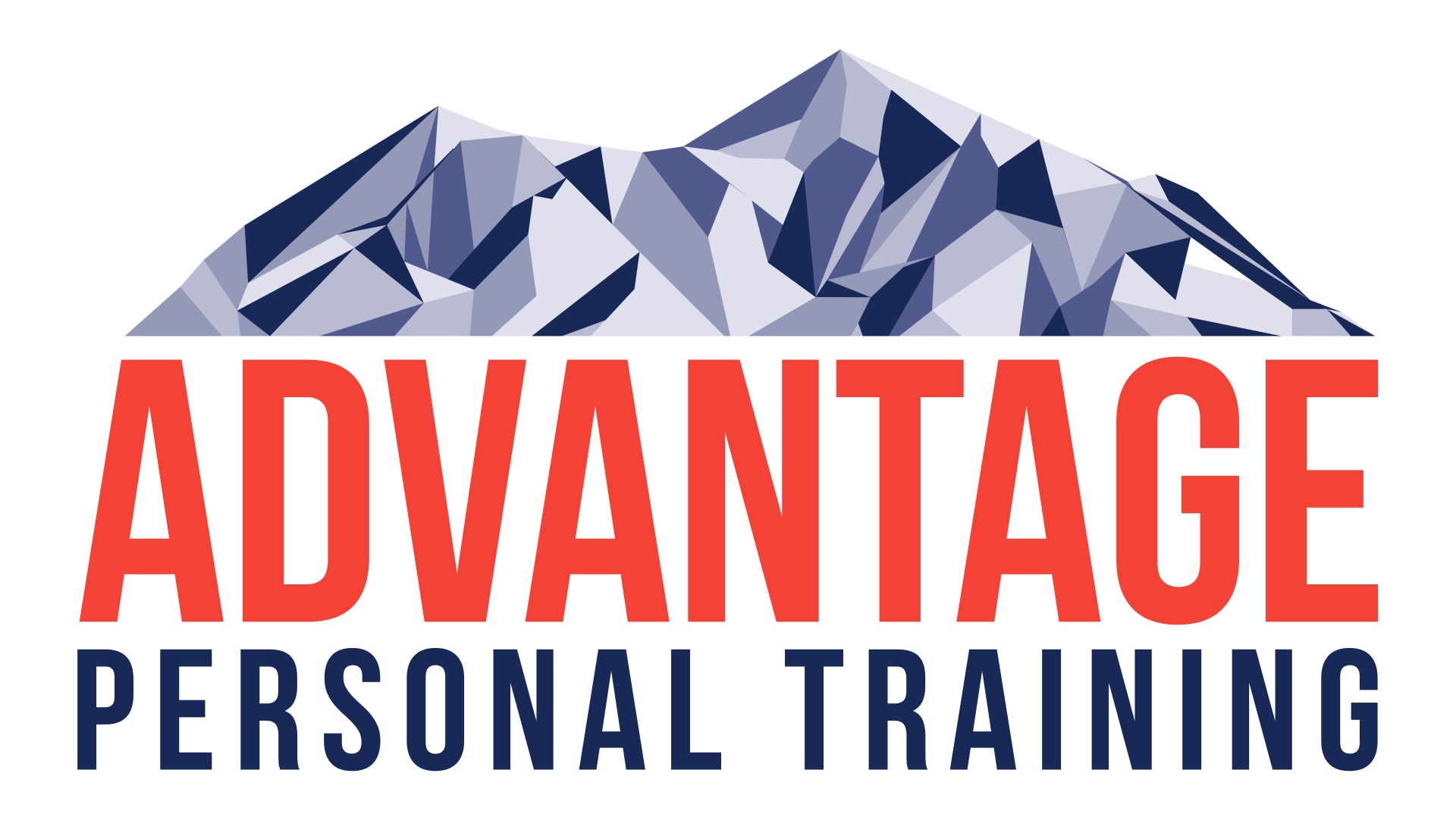I’m Not That Smart
I want to share an observation I have made about the top professionals in the strength and conditioning field. I have been to several big conferences this summer, and heard presentations from coaches who are absolutely leading the pack in terms of training, business, research, etc. These are some of the most successful and influential coaches, researchers, and entrepreneurs on the planet and although many of them come from different backgrounds and areas of expertise, they all alluded to one basic idea at some point in their presentation.
“I’m not that smart, I got this from (enter another professional’s name).” Or “I learned this from people much smarter than I am.”
At first I thought it was just these hugely successful coaches being modest or trying to relate to the attendees, but then I realized they really believe that! And that’s probably why they are at the top of their field and sought after for their expertise. They GAINED that expertise because they didn’t believe they had an inherent intelligence that would get them to get to the top, so they worked hard to learn what they needed to know. Instead of viewing themselves as experts, they see themselves as curators of information. Perpetual underdogs. Lifelong learners who are humble, curious and persistent enough to pursue answers to things they don’t know. I have seen this in action at conferences where world-renowned coaches sit in the audience and actively TAKE NOTES while other coaches are presenting.
This is classic Growth Mindset at work. I have written about this before ( The Elite Performer Pyramid and Advantage Strength Word of the Year- Mindset ) but this is a clear example of how a Growth Mindset can propel people to the top of their field. For those with a growth mindset, there is always an opportunity to grow, and challenges are seen not as road blocks but as opportunities to learn.
This brings to mind a very stark comparison. Consider the difference in how these top performers view themselves.
“I’m not that smart”- The highly successful coaches, researchers and businessmen listed below.
“The Smartest Guys in the Room”- the conveniently named documentary by Alex Gibney about the monumental collapse of ENRON. The executives of this infamous company considered themselves to be the smartest people around, an impression that ultimately lead the company into ruin. (Check out the documentary for the whole story).
Here’s a list of people who are “not that smart”.
Mike Boyle – Mike Boyle Strength and Conditioning: Coach Boyle has been the leading educator and businessman in the functional training industry for nearly 2 decades. He has been the Strength and Conditioning coach for the Boston Bruins, the Boston Red Sox, and Boston University Hockey, in addition to owning and operating the nation’s top training gym. Mike is the author of numerous influential books and instructional DVD’s, and almost without fail, every young hockey strength and conditioning coach that joins a collegiate or professional team is a former Mike Boyle intern or “disciple”.
Gray Cook – Physical Therapist and co-founder of the Functional Movement Screen: The functional movement screen is a great leap forward in the way we look at athletes and determine injury susceptibility. This series of 7 simple test is used on athletes around the world to screen for potential injury risks and sub-optimal movement patterns. Gray is one of the most influential therapists in the world and has published multiple books and educational DVD’s.
Mark Verstagen – S+C coordinator for the World Cup winning German National Soccer Team, and founder of EXOS, the most technologically advanced and widespread training company responsible for the training of 50% of the NFL’s first round draft picks last year (and every other year!): One look at an EXOS facility makes you wonder how something like this can possibly be created by humans! I think it would be similar to ancient people walking into Rome for the first time. This company reaches wider than any other, not only training and doing combine prep programs for a majority of the NFL’s first round draft picks, but also facilitating revolutionary tactical strength and conditioning for this nation’s elite servicemen and special forces, and staffing a network of schools, hospitals, and corporate headquarters (little companies like Google, Walgreens, Porche, and dozens of others) with EXOS coaches.
Cal Dietz – S+C Coach, University of Minnesota: Cal has been a leader in the application and research for strength and conditioning for a decade. His book Triphasic Training has influenced many of the most successful programs across the country.
Jim Snider – S+C Coach, University of Wisconsin: Coach Snider is responsible for the men and women’s hockey team at UW, is a certified Asian bodyworker, and one of the brightest minds in training. He is also the president and founder of Neuro Explosion, a private training business in Madison.
Peter Twist – long time Strength and Conditioning Coach of the Vancouver Canucks and founder of Peter Twist Conditioning in Vancouver- Peter is one of the fathers of hockey strength and conditioning, working as the coach of the Canucks over 25 years ago. He has authored nearly a dozen books, and worked with hundreds of elite athletes, mostly NHL’ers. Peter is a cancer survivor, and an inspirational leader and businessman.
I know there are more, but you get the idea. Looking at this list of influential coaches and therapists makes me understand the importance of viewing myself as “not that smart”. That’s not to be self-defeating, but it helps me understand there is always something to learn, there are always ways to improve, and I will always be in the middle of the pack chasing down the leaders.




Advantage Personal Training is an Ann Arbor based Family Oriented Gym, focusing on the training needs of individuals, small groups and youth athletes. Meet with a results-oriented personal trainer and put yourself on the path to a more active life!
SERVICES
CONTACT INFORMATION
Hours of Operation
Mon to Fri: 6:00 AM - 8:30 PM
Sat: 8:30 AM - 12:30 PM
Sun: CLOSED
All Rights Reserved | Advantage Personal Training

